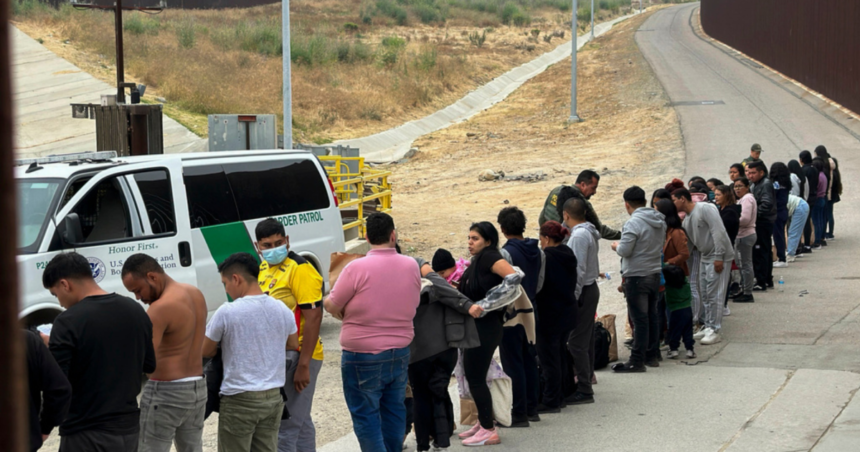Kent, Washington, is a suburb south of Seattle, and currently houses over 200 asylum-seekers, including men, women, and children from various countries such as Venezuela, Angola, and Congo.
“We’ve traveled through multiple countries to reach here, facing kidnapping, abuse, and violations,” shared an asylum-seeker named Linda at a recent Kent City Council meeting through a translator.
During the meeting, many asylum-seekers requested assistance from the city.
These migrants are currently staying at a camp near a freeway off-ramp, close to a closed motel. They are requesting support to convert the motel into a shelter for migrants, as it was used for COVID-19 quarantine during the pandemic.
“The city of Kent does not own or control the property in question,” stated Kent Mayor Dana Ralph during the June 6 meeting.
The property is owned by King County, which has indicated that the building is only approved for quarantine purposes. Even if it could be used to house migrants, the county has currently exhausted its available funding to support asylum-seekers.
County Spokesperson Kristin Elia explained that while officials understand the request, the logistical challenges of turning the property into a shelter are complex.
Major cities like Denver, New York, and Chicago are also grappling with similar issues, as they try to provide assistance to a large influx of migrants amidst financial constraints.
New York and Chicago have implemented restrictions on the length of stay in shelters for migrants, ranging from 30 to 60 days.
Related story: President Biden’s new border policies cut time for migrant attorney consultations
In May, The New York Times reported that using hotels as migrant shelters has contributed to the high average hotel prices in New York City.
Denver Mayor Mike Johnston is planning to reallocate funds from various city departments to support a $90 million migrant response program.
President Joe Biden, who recently issued an executive order to restrict new migrant arrivals, criticized Republicans for not supporting his border bill, which included $1.4 billion in aid to cities dealing with the migrant crisis.
Ralph expressed that the lack of funding is straining communities like hers and emphasized the need for federal intervention or support from the state.
“Soon, Washington state will allocate funds to counties to address the migrant crisis, with King County set to receive $5 million,” she added.
County officials are exploring options for structures and staffing to address the shelter requirements.





